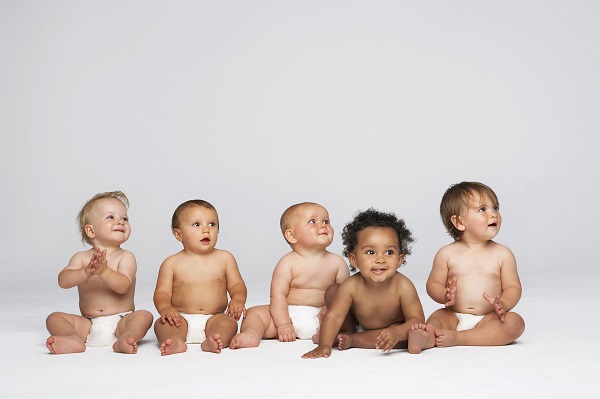Ask a Pediatric Dentist: Are Pacificiers Bad for My Child’s Teeth?

From the first appointment, a Pediatric Dentist keeps in mind a pacifier or thumb sucking habit and watches the way your child's teeth and jaw develop. According to the American Academy of Pediatric Dentistry, sucking generally only becomes a problem if it continues after the age of 3.
It is normal for children to suck on pacifiers (it stimulates their oral cavity), but as they get older, what is supposed to soothe your child may end up harming your child’s teeth. In this article, we cover the effects of pacifiers on your child’s teeth and how you can prevent any negative impacts.
Pacifiers and your child’s teeth
Your child’s dental health is vital once teething begins, and you should pay attention to their teeth to prevent the occurrence of tooth decay, cavities and other oral issues. This includes taking away anything that may hamper the proper development of their oral structures, including pacifiers. However, sucking is a normal phenomenon with babies, and they often derive comfort from using pacifiers. Pacifiers help to reduce the occurrence of sudden infant death syndrome (SIDS). Since babies using pacifiers do not sleep as deeply as those who do not use pacifiers, they will be jerked from a sleep that causes breath stoppage.
Pacifiers and baby bottles typically pose no threat to the child’s teeth within the first few years of their life. In fact, at first, the calming effects of pacifiers surpass their disadvantages. However, extensive use of pacifiers may result in oral health issues. The adverse effect of pacifiers typically happens once the child starts getting more of their teeth.
While most children stop using pacifiers on their own, sometimes they may need the help of a pediatric dentist. This is because pacifiers can alter the correct growth and development of the child’s teeth and mouth. Extended use of pacifiers can affect the shape of the roof of the mouth negatively, hinder proper growth of the oral cavity, expose your child to ear infections and cause issues with teeth alignment. These are complex orthodontic issues that may require extensive dental procedures to correct. Preventing your child from excessive use of pacifiers can help avoid the need for orthodontic treatment later in life, such as braces and palatal expanders. If your child is unable to successfully stop their pacifier habit, your pediatric dentist may recommend an oral appliance that interferes with sucking.
Minimizing the effects of pacifiers
If your child does have to use a pacifier, the following tips will help reduce the risk of mishaps, tooth decay or other issues in babies who use pacifiers:
- Buy only single-piece pacifiers: If the pacifier has fewer breakable parts, your child will be at a lower risk of choking.
- Limit the time the child uses the pacifier: As much as possible, prevent the child from sleeping with pacifiers, especially at night.
- Discourage pacifier use through positive reinforcement: When the child gets older, he or she will need to need to be weaned off pacifiers. This may be difficult, but you can use positive reinforcement or make pacifier use uncomfortable for them. You can try dipping the tip of the pacifier in white vinegar; it causes no harm, but the taste is lousy.
The bottom line
Pacifiers do not damage your child’s teeth automatically. Pacifier use is normal for children below 3 years of age. However, frequent use, especially after this age, can cause lasting oral problems. Talk to your pediatric dentist about whether or not your child should be using a pacifier or not.
Request an appointment here: https://www.canyonridgepediatricdentistry.com or call Canyon Ridge Pediatric Dentistry at (303) 841-7900 for an appointment in our Parker office.
Check out what others are saying about our dental services on Yelp: Pediatric Dentist.
Related Posts
At one point, you will face the reality that your kids are old enough to have teeth straightening. It usually happens before the kids turn seven years old. You need to take them to a dentist because the kids have a mix of primary and permanent teeth by then. That first visit will give the…
If there is one thing parents do not know how to deal with, it is kids toothaches. Not only are you worried about your kids, but they become irritable when they are in pain. The first thing you should do is set an appointment with a pediatric dentist. But while you wait for the schedule,…
Children are often susceptible to oral health concerns such as childhood cavities and gum disease. Additionally, performing restorative treatment on baby teeth is not ideal as it can become costly for parents. Subsequently, much of the focus in pediatric dentistry is on the prevention of oral health concerns through preventive dental care.It is important for…
Finding the right dentist for kids can have a lasting effect on how your child feels about the dentist’s office. Good experiences with a pediatric dentist can guarantee that the child grows up with good oral habits. The child can become an adult with healthy teeth and uneventful dental visits.So, where should a parent start…
